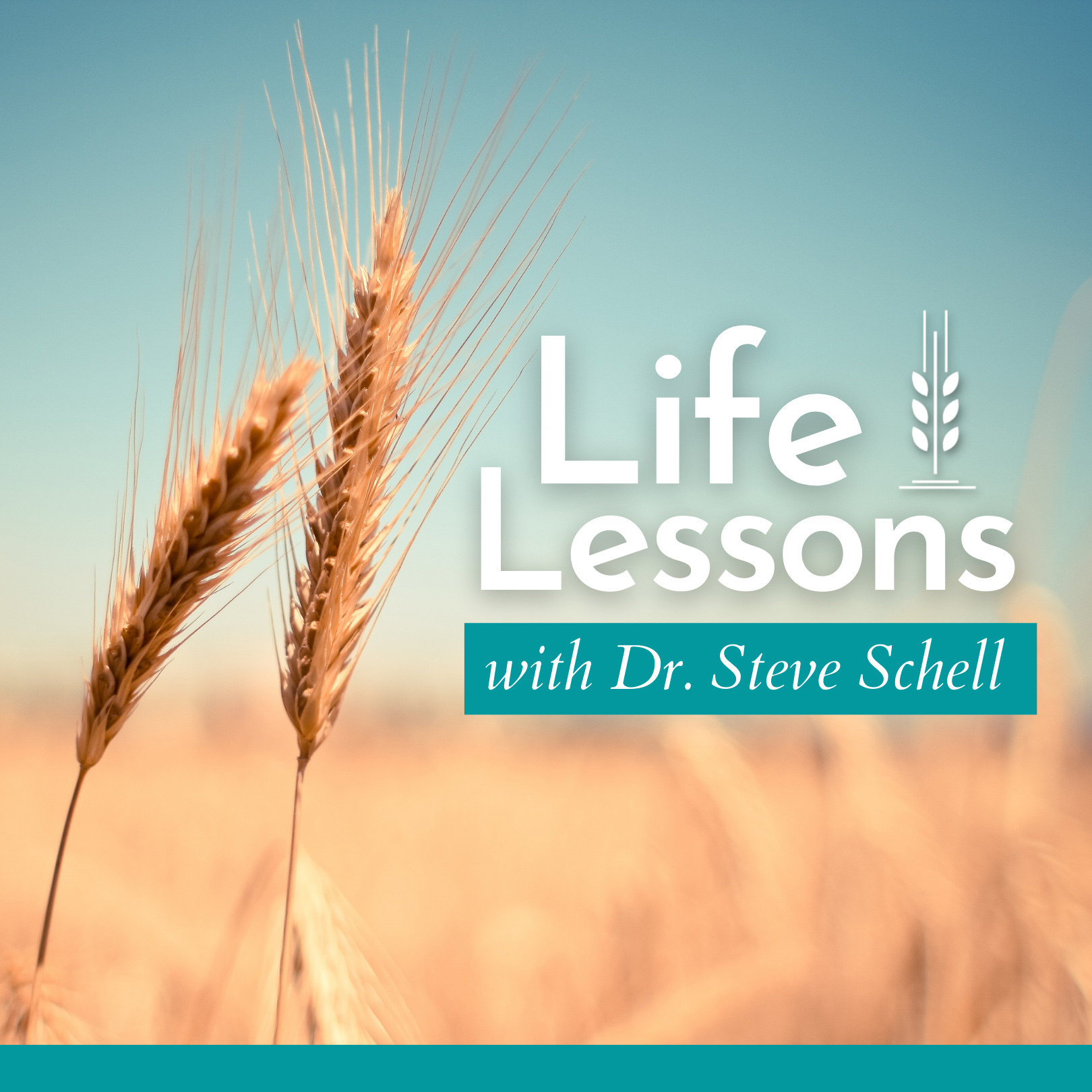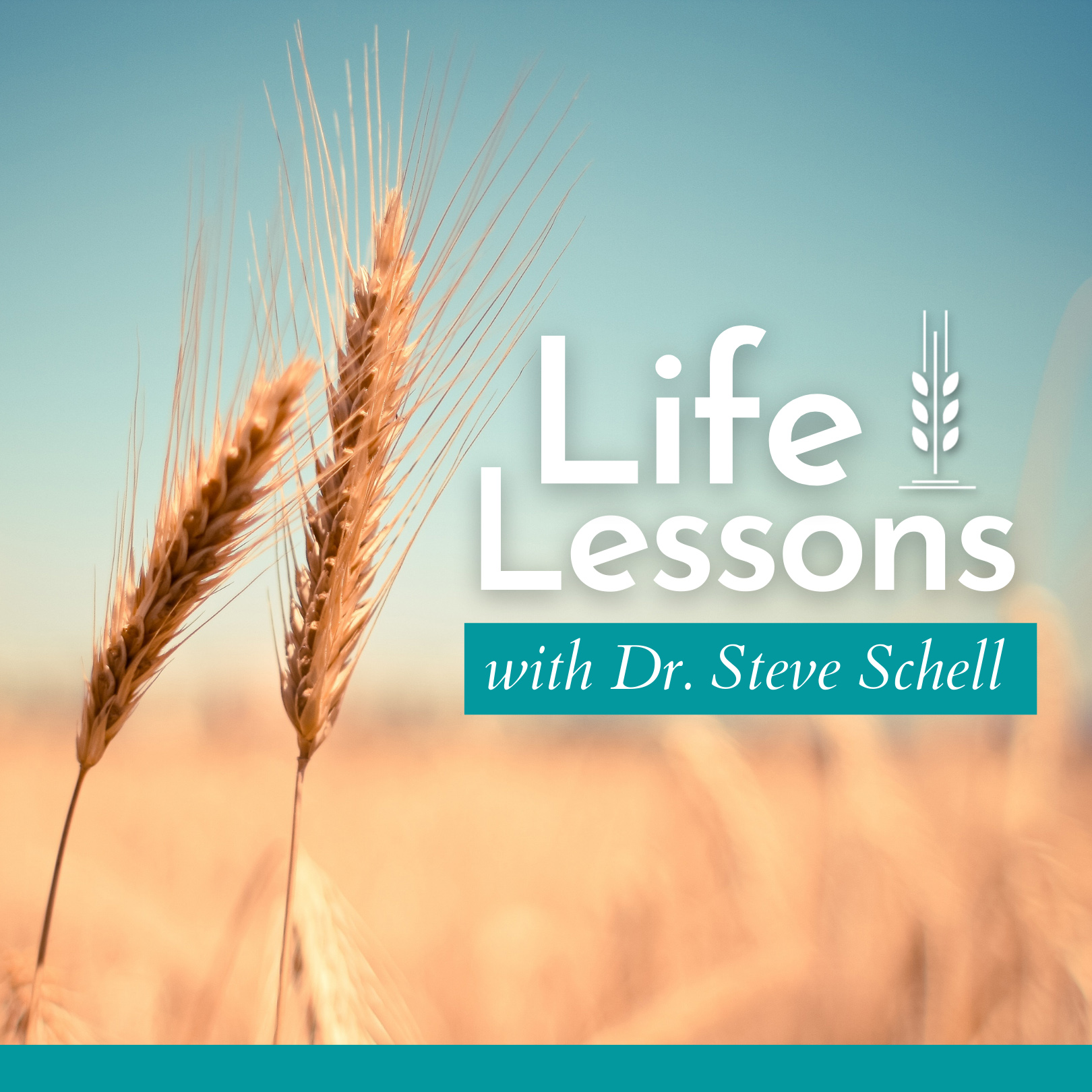
149.8K
Downloads
503
Episodes
Pastor Steve Schell comprehensively teaches through entire books of the Bible pulling out the deep, eternal truths in each section of Scripture without skipping over challenging passages. These sermons will help foster true discipleship for the committed Christian, both young and old.
Pastor Steve Schell comprehensively teaches through entire books of the Bible pulling out the deep, eternal truths in each section of Scripture without skipping over challenging passages. These sermons will help foster true discipleship for the committed Christian, both young and old.
Episodes
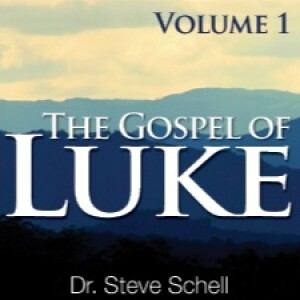
Monday Sep 09, 2024
1 - Hearts of the Fathers
Monday Sep 09, 2024
Monday Sep 09, 2024
The angel Gabriel explains that John the Baptist will become a prophet who restores many people to spiritual health. Quoting from the prophecy of Malachi, the angel states that when true repentance and faith comes to Israel there will be a marked transformation in the attitudes of men toward children. Though this is obviously a positive thing to have happen, it is surprising that men's attitudes toward fatherhood would become such an important sign to God. To understand why God would focus on this particular sign, we must first recognize the role He intended men to play in their families. After reading Deuteronomy 6:1-25 you'll see that God puts the primary responsibility for the spiritual formation of their children on the fathers. Of course, mothers have a great role to play in this as well (Prov. 1:8; 6:20), but when men refuse their part in this role it is a sign of spiritual decline. When men become spiritually complacent or ignorant, they tend to pass this duty off onto women and then proceed to teach by modeling how to live for the pleasures of this life and how to rely on self rather than God. On the other hand, after being revived, men once again take their responsibility to teach their children about God. After all, people who are right with God long to teach their children about God.
To purchase Pastor Steve's new book Understanding Acts: Life-Changing Lessons from the Early Church, visit Amazon.
Also check out our website at lifelessonspublishing.com for additional resources for pastors and leaders. We have free recorded classes and other materials offered at no charge.
And check us out on Instagram as well!
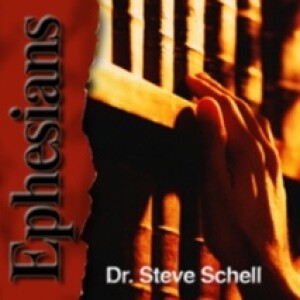
Thursday Sep 05, 2024
13 - Persevering in Prayer
Thursday Sep 05, 2024
Thursday Sep 05, 2024
After having encouraged the Ephesian Church to resist the devil by putting on the armor of God, Paul reminds them that their protection is incomplete unless they make prayer for one another a regular part of their lives. Most of us know that God wants us to pray, but when it comes to our actual practice of praying we may struggle with inconsistency because of nagging questions in the back of our minds. Last episode, we tried to address the question, "Does prayer really make a difference?" Some religious teaching would lead us to a fatalistic view of God's will which takes away our hope that prayer can actually change a situation for the better. Today, we will try to understand some of the reasons why the Lord asks us to persevere in prayer. This is a subject that also raises doubts. If God heard my prayer the first time and nothing apparently happened, what is the point in continuing to pray about that matter?
To purchase Pastor Steve's new book Understanding Acts: Life-Changing Lessons from the Early Church, visit Amazon.
Also check out our website at lifelessonspublishing.com for additional resources for pastors and leaders. We have free recorded classes and other materials offered at no charge.
And check us out on Instagram as well!

Monday Sep 02, 2024
12 - Prayer
Monday Sep 02, 2024
Monday Sep 02, 2024
We are to be people who pray. What is prayer, and what does it accomplish? Does prayer really change things? Pastor Steve will address these questions in this episode on prayer.
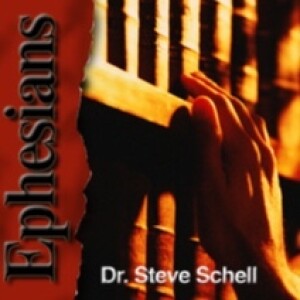
Thursday Aug 29, 2024
11 - The Armor of God
Thursday Aug 29, 2024
Thursday Aug 29, 2024
Paul has been talking to us about the theme that we are IN Christ. We are now covered and enveloped in Christ. One more important dimension of being in Christ is being able to stand against the devil's schemes.
To purchase Pastor Steve's new book Understanding Acts: Life-Changing Lessons from the Early Church, visit Amazon.
Also check out our website at lifelessonspublishing.com for additional resources for pastors and leaders. We have free recorded classes and other materials offered at no charge.
And check us out on Instagram as well!
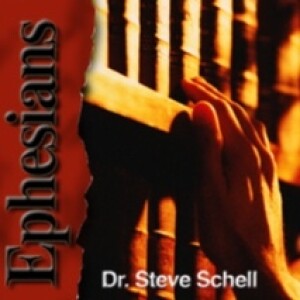
Monday Aug 26, 2024
10 - Freedom and Dignity
Monday Aug 26, 2024
Monday Aug 26, 2024
What Paul is doing in this passage in Ephesians is giving instruction on the attitude of the heart. His ultimate goal for us is to stay free. A person who is in bondage inside cannot be free. People often look to have a change of circumstances. Paul starts by saying, "No, let God change you in the circumstance, and that will transform the situation." He starts inside us; we want the externals changed.
To purchase Pastor Steve's new book Understanding Acts: Life-Changing Lessons from the Early Church, visit Amazon.
Also check out our website at lifelessonspublishing.com for additional resources for pastors and leaders. We have free recorded classes and other materials offered at no charge.
And check us out on Instagram as well!
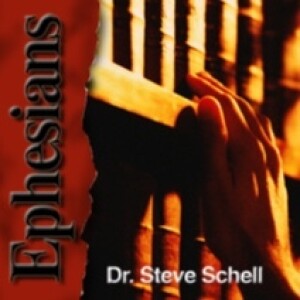
Thursday Aug 22, 2024
9 - Honoring Parents
Thursday Aug 22, 2024
Thursday Aug 22, 2024
In these verses Paul continues on the theme of Christian's expressing the Lordship of Jesus Christ in their lives by submitting to one another. We have just finished seeing how Paul applies this to husbands and wives in marriage (5:22-33), and now, in the verses before us, he focuses on the attitude which parents and children have toward each other. Because he only uses four verses to make his point, it would be easy for us to skim by this passage and not really see its impact on our lives. But, if we'll stop and look more closely, we 11 find principles that make a great difference in all of our lives. After all, it says if we will honor our father and mother that "things will go well with us and that we may live long on the earth." That's a promise worth reaching for.
To purchase Pastor Steve's new book Understanding Acts: Life-Changing Lessons from the Early Church, visit Amazon.
Also check out our website at lifelessonspublishing.com for additional resources for pastors and leaders. We have free recorded classes and other materials offered at no charge.
And check us out on Instagram as well!

Monday Aug 19, 2024
8 - Freeing the Heart - Soul Ties
Monday Aug 19, 2024
Monday Aug 19, 2024
Something real happens in marriage in which a husband and wife are joined together. There is a deep psychological and emotional tie that forms. Something connects that is deep and normally permanent between husband and wife. It is a tie of the soul, a tie that is intended to form between these two people. But this same tie can form where it is inappropriate, when a tie forms for someone with whom we should not have it.
To purchase Pastor Steve's new book Understanding Acts: Life-Changing Lessons from the Early Church, visit Amazon.
Also check out our website at lifelessonspublishing.com for additional resources for pastors and leaders. We have free recorded classes and other materials offered at no charge.
And check us out on Instagram as well!
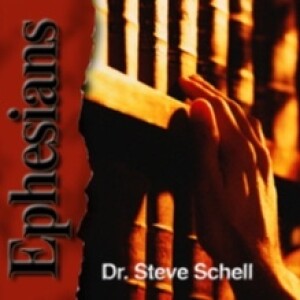
Thursday Aug 15, 2024
7 - Transforming Marriage
Thursday Aug 15, 2024
Thursday Aug 15, 2024
Our roles for husbands and wives today are in turmoil. Our society has thrown off what it considers to be Biblical roles in favor of an ideal in which two people pursue their own fulfillment while living together. It hasn't worked well and the number of people who ended up suffering and lonely is enormous. But on the other hand, what has been presented to us as the historical Christians model of a family, seems to authorize the harsh subordination of women and children. So even Christians today who wish to be obedient to the Bible are hesitant to turn wholeheartedly to the model of relationship. We find these fearing it will produce an oppressive atmosphere.
As we look at this important passage in Ephesians, we need to see the deep transforming principles which Paul explains. Instead of providing an environment for oppression, we will discover a revolutionary view of marriage which, if obeyed, will release both partners to fulfill the ministry calling on their lives.
To purchase Pastor Steve's new book Understanding Acts: Life-Changing Lessons from the Early Church, visit Amazon.
Also check out our website at lifelessonspublishing.com for additional resources for pastors and leaders. We have free recorded classes and other materials offered at no charge.
And check us out on Instagram as well!
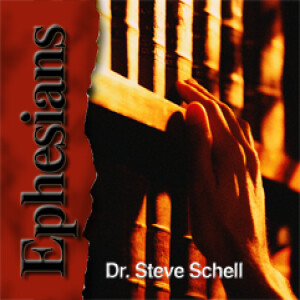
Monday Aug 12, 2024
6 - Six Attitudes About Money
Monday Aug 12, 2024
Monday Aug 12, 2024
I believe that the Lord does financially provide for His people, but I also believe there are some attitudes which must be part of our lives before we can live peacefully in His care. We will look at six such attitudes today. When these are present in us, I believe the issue of our provision becomes a joyful matter. On the other hand, if any one of these attitudes is missing, the process will breakdown. It isn't enough to pick one of them and focus on it. All must be part of our heart.
Listeners, if you would like to order Pastor Steve's new book Understanding Acts, you can find it on Amazon.
Also check out our website for other resources, including free classes and materials for pastors and leaders as well as the other books Pastor Steve has written.

Thursday Aug 08, 2024
5 - Laying Aside Falsehood
Thursday Aug 08, 2024
Thursday Aug 08, 2024
Just about everybody tells the truth when it does them no harm, and this can lead people to think of themselves as basically honest when, in fact, they really aren't. Our true character doesn't show until it's put under stress. The moment that determines whether I am honest or not is what comes out of my mouth at a time when telling the truth will:
- Expose unacceptable behavior and thereby lower other's opinion, or subject me to punishment
- Give the other person enough information to decide against what I want them to do
- Cause me to lose some benefit
- Reveal my negative feelings about the other person which makes me have to face their displeasure
- Results in me having to do something I don't want to
